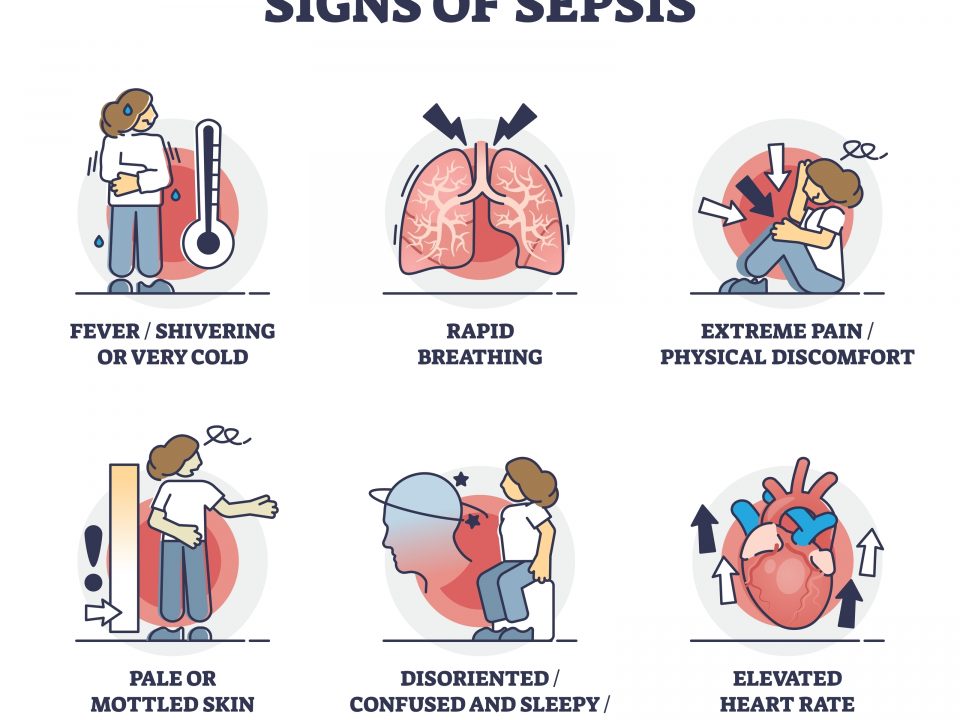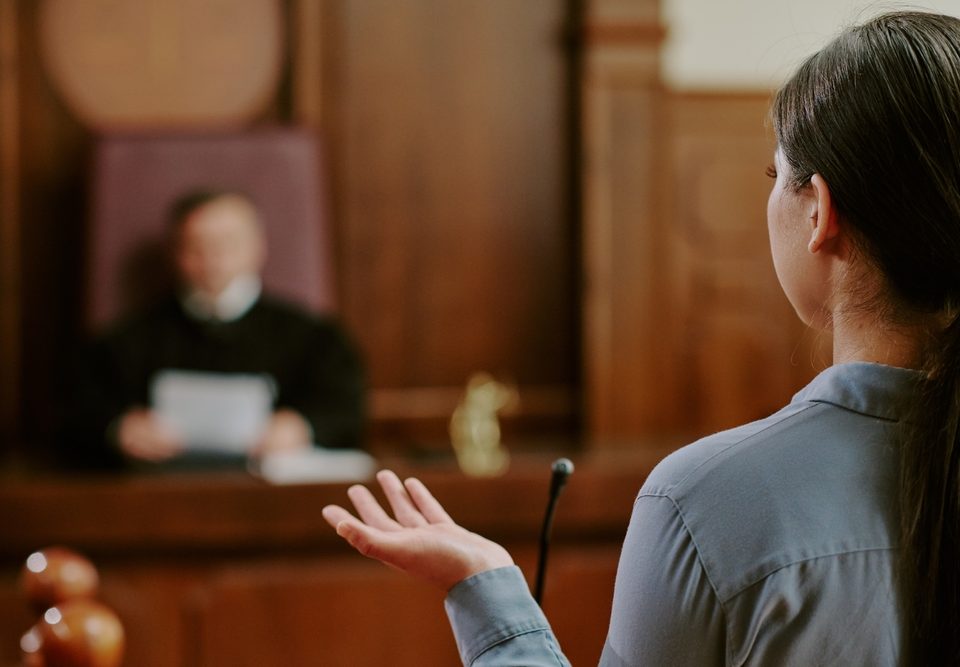
Expert Misconduct and Medico-Legal Responsibility: A Case of Irresponsibility in Moodliar v GMC
20th May 2025
Hyponatraemia and the Risks of Rapid Sodium Correction: A Medico-Legal Perspective
12th June 2025In the recent case of LB Croydon v D & Ors [2024] EWFC 438, the Family Division of the High Court was confronted with a disturbing lapse in expert witness standards. From paragraph 94 of the judgment onward, the court outlines a scenario in which a consultant paediatrician—tasked with reporting to the court on the health and wellbeing of infant twins—confused the clinical findings and histories of the two children in her expert evidence. The consequences of this confusion were profound, prompting the judge to describe the expert’s testimony as “appalling,” a term the expert herself ultimately accepted.
The Error: Muddling Twins’ Evidence
The case revolved around safeguarding concerns brought by the local authority regarding infant twins. The consultant paediatrician had been instructed to provide a detailed expert opinion on both children individually. However, during the course of the proceedings, it became alarmingly clear that she had conflated the histories, clinical details, and examination findings of the two infants in her written and oral evidence.
This wasn’t a simple clerical error or isolated oversight. Instead, the expert’s conclusions—intended to clarify whether the local authority had acted appropriately in response to medical concerns—became entangled and unreliable because she had failed to maintain clear separation between her assessments of each child.
Cross-Examination and Judicial Criticism
It was during cross-examination by the barrister representing the mother that the extent of the confusion was exposed. The expert was unable to clearly delineate which findings applied to which twin, undermining the value of her entire report. Her inability to maintain the factual integrity of each twin’s case history rendered her opinion largely unusable for the court’s decision-making.
The judge did not mince words in her assessment, noting that the expert’s evidence had not only fallen short of professional standards but had also actively hindered the court’s ability to scrutinise the actions of the local authority in safeguarding the children. The expert eventually conceded that her performance was, in her own words, “appalling.”
Wider Implications for the Medico-Legal Field
This case presents a stark warning for those involved in medico-legal work—particularly in family proceedings where expert evidence can significantly impact decisions on a child’s future. When experts are instructed to report on more than one individual in the same family, especially siblings or twins, the potential for confusion is high. However, the onus remains firmly on the expert to ensure precision, clarity, and independence in their assessments.
Failure to do so not only undermines the legal process but can lead to grave miscarriages of justice and erode public trust in both the medical and legal professions.
Key Takeaways for Medical Experts
To avoid similar failings, experts should consider the following best practices:
- Segregate Reports: Even when reporting jointly, ensure each child or individual has a clearly delineated section with separate histories and assessments.
- Double-Check Before Submission: A thorough internal audit of the report can catch inadvertent cross-referencing or mixed data.
- Prepare Rigorously for Court: When giving oral evidence, experts must be prepared to discuss each subject independently and accurately under pressure.
- Maintain Professional Accountability: When errors are identified, swift acknowledgment and corrective action are preferable to defensiveness.
Conclusion
The LB Croydon v D & Ors judgment is a sobering reminder of the high standards expected of expert witnesses. Medico-legal professionals must not only apply their clinical knowledge but also navigate the legal responsibilities of clarity, accuracy, and impartiality. When those duties are neglected—as this case illustrates—the consequences can reverberate through the entire judicial process.
For professionals offering expert testimony in complex family cases, this judgment is a call to uphold the highest standards of diligence and professionalism.




